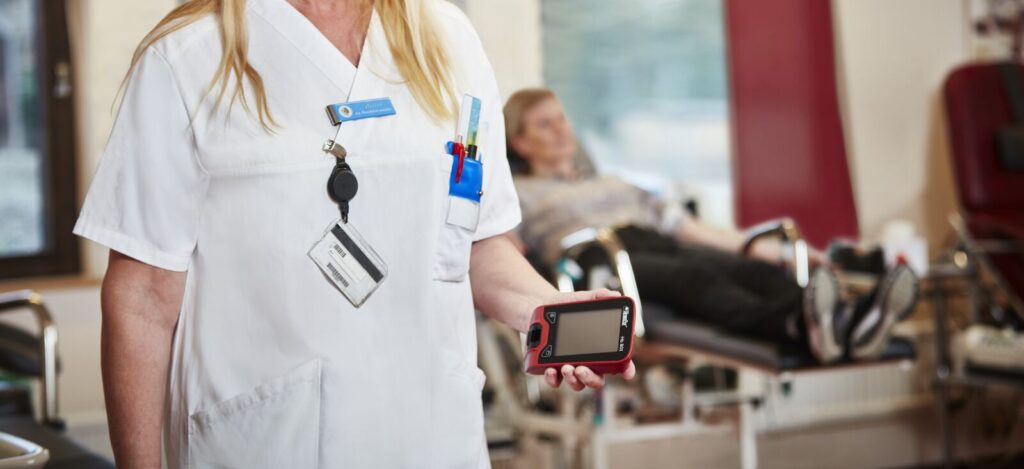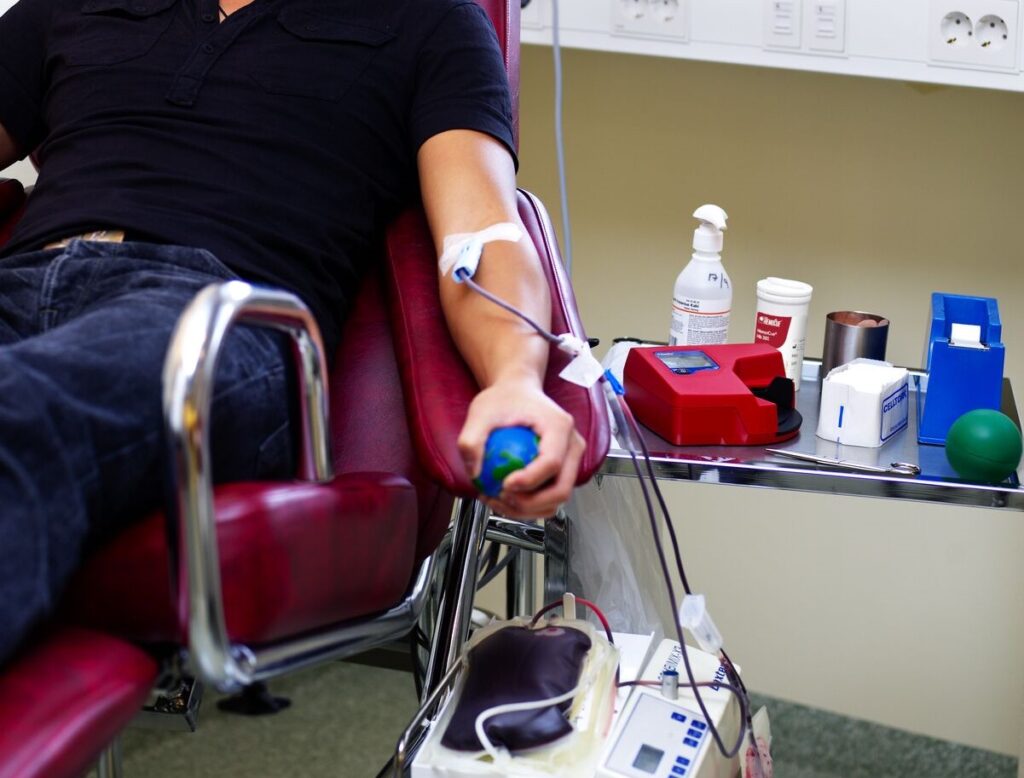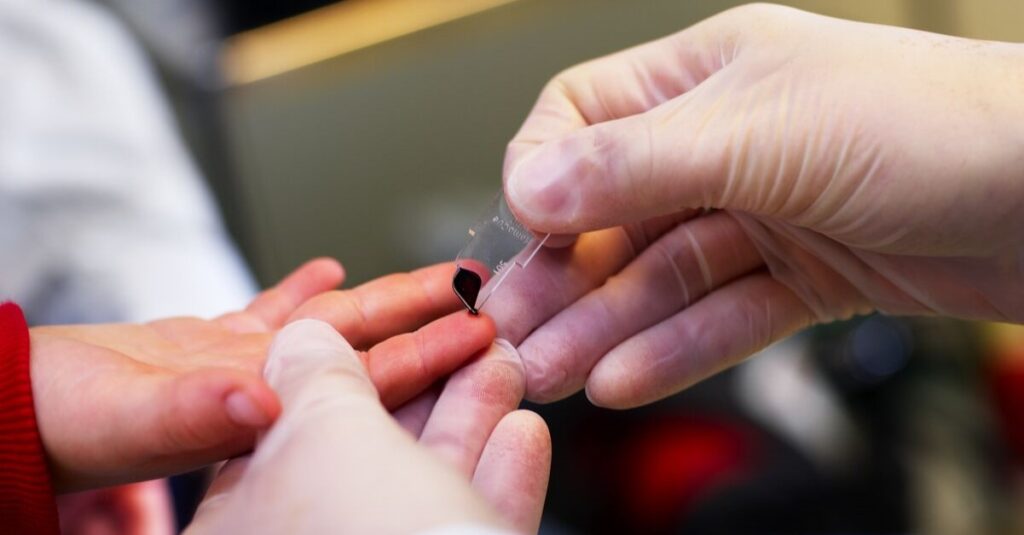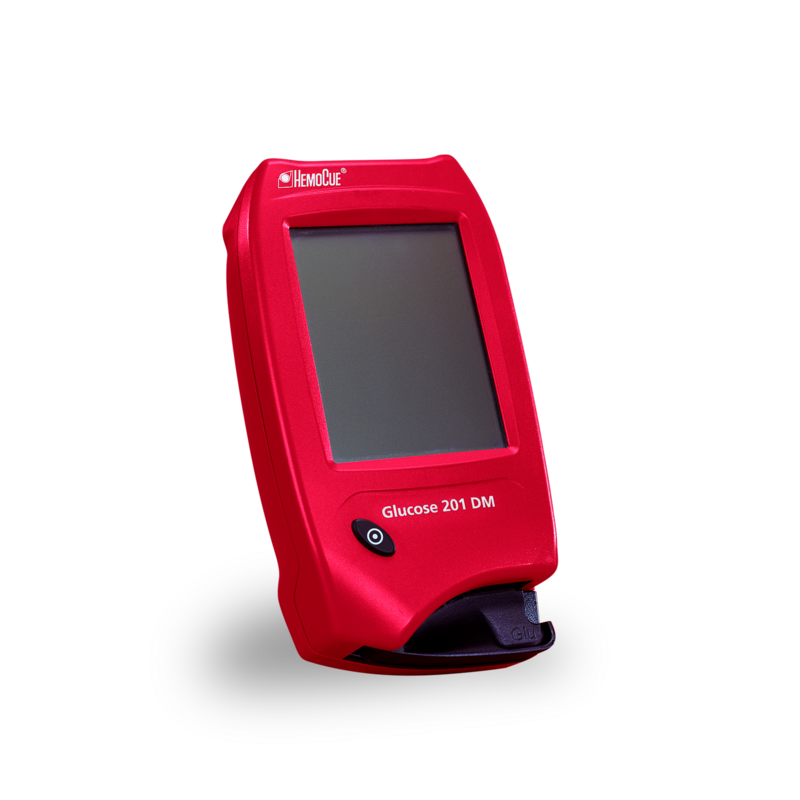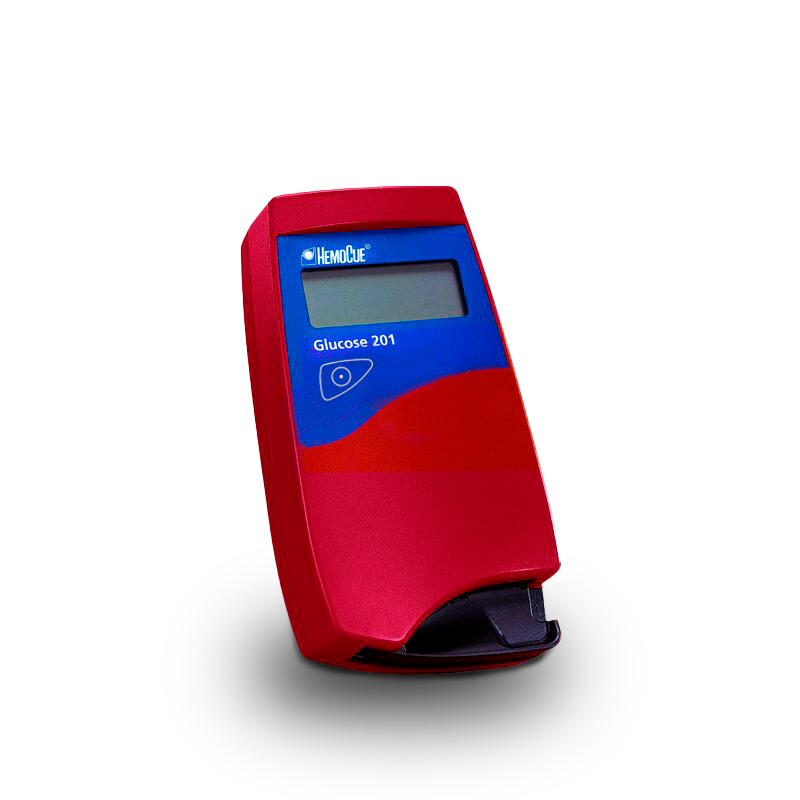
Private Medical Practice in Australia
Nepean Lung and Sleep is a private medical practice specializing in adult respiratory and sleep medicine. The clinic provides onsite diagnostic testing for respiratory and sleep disorders, as well as medical consultations with specialist physicians. Serving Western Sydney, the Blue Mountains, and regional NSW areas such as Bathurst, Orange, Mudgee, and Lithgow, they see around 2,000 to 2,500 patients per year.



